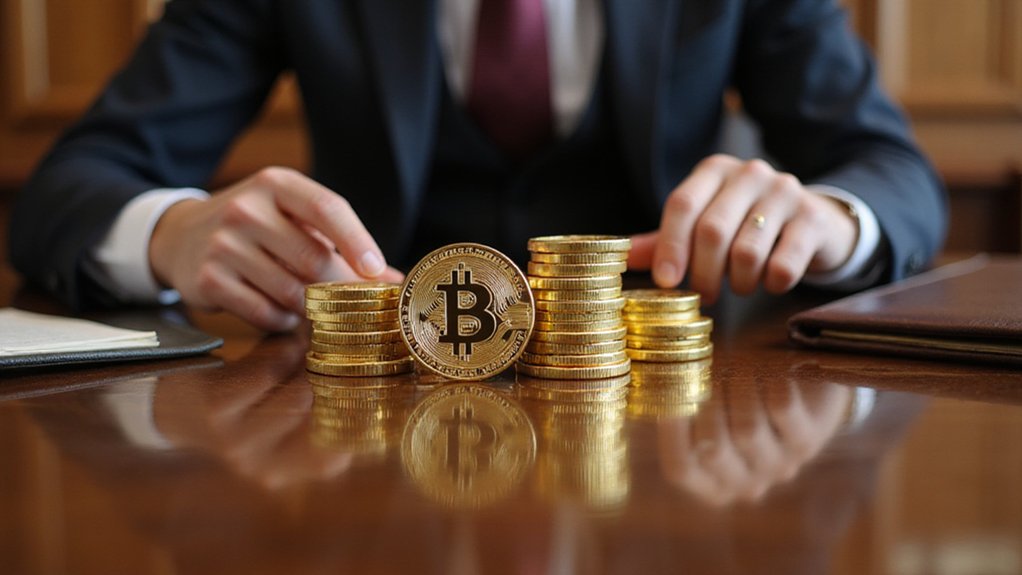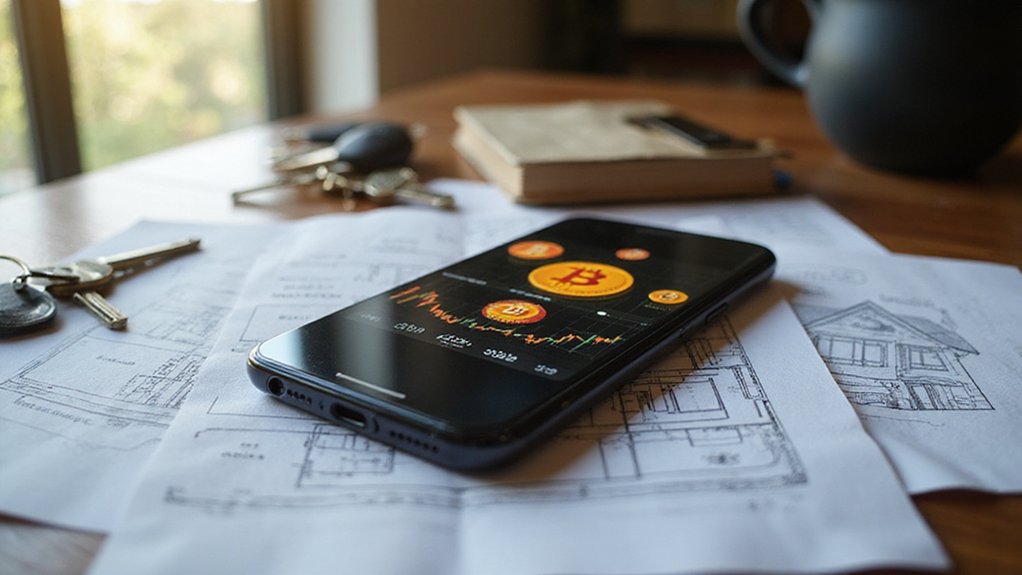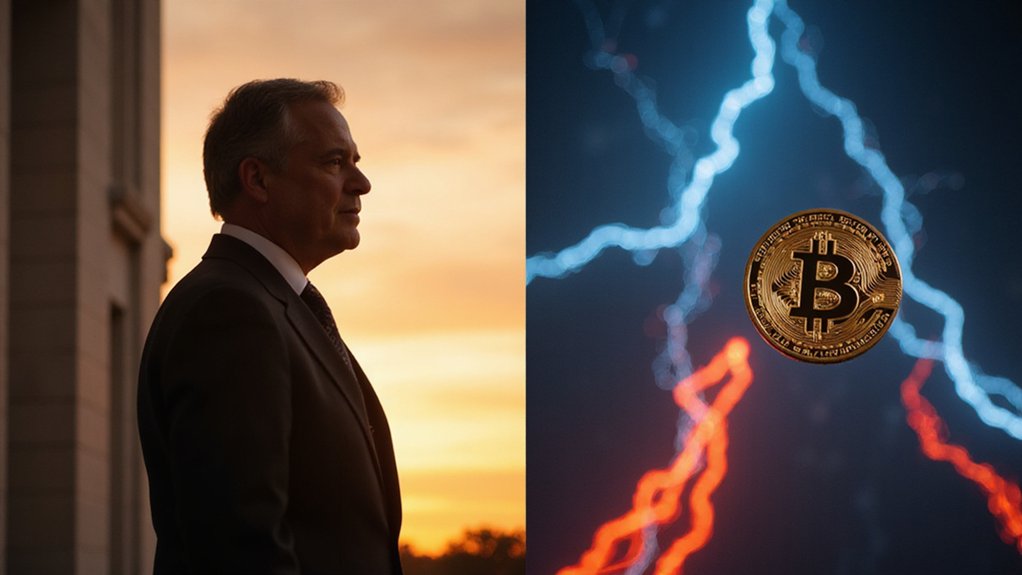In a development that would have seemed like science fiction to banking executives just a decade ago, Dubai’s Financial Services Authority has granted approval to the QCD Money Market Fund (QCDT), marking the emirate’s entrance into what may prove to be the most pragmatic application of blockchain technology to traditional finance yet conceived.
The fund represents a curious marriage of institutional gravitas and technological experimentation, co-founded by Qatar National Bank—hardly a startup operating from a garage—and blockchain fintech firm DMZ Finance. This partnership exemplifies the increasingly common arrangement where traditional financial institutions provide the regulatory heft and investment acumen while fintech firms supply the digital plumbing that makes tokenization possible.
A pragmatic union where established banking muscle meets blockchain innovation—regulatory gravitas partnered with digital infrastructure expertise.
What makes QCDT particularly remarkable is its position as the first tokenized money market fund established within the Dubai International Financial Centre, a jurisdiction that has positioned itself as remarkably accommodating to digital asset innovation. The fund’s structure allows Qatar National Bank to handle investment strategy and asset origination while DMZ Finance manages the blockchain architecture—a division of labor that suggests the industry has moved beyond the evangelical fervor of early crypto adoption toward more pragmatic collaboration.
The timing appears fortuitous. Global money market funds command nearly $7 trillion in assets under management as of mid-2025, representing a substantial pool of capital that could benefit from tokenization’s promise of enhanced liquidity and 24/7 trading capabilities.
The broader tokenized asset ecosystem has experienced explosive growth, with institutional adoption driving an 800% increase since 2023 and over 200 active projects globally representing approximately $65 billion in total value locked. Dubai’s real estate market has witnessed record sales of AED 66.8 billion in May 2025, with 18,700 transactions representing a 44% year-on-year increase driven by both local and international investor demand. Meanwhile, institutional investments in cryptocurrency continue to surge, with firms like Hilbert Group securing over 200 million Swedish kronor for Bitcoin strategy development.
Dubai’s regulatory framework has provided the necessary clarity through its Virtual Assets Regulatory Authority (VARA), which classifies tokenized assets under Asset-Referenced Virtual Assets (ARVA) guidelines—bureaucratic nomenclature that nonetheless signals serious institutional commitment to this emerging sector. Advanced networks like Kaanch are demonstrating the technical feasibility of large-scale tokenization through their ability to process 1.4 million transactions per second with near-zero fees, making institutional-grade asset tokenization economically viable.
Of course, significant challenges remain. Regulatory fragmentation across jurisdictions, smart contract vulnerabilities, and the persistent risk of liquidity gaps continue to complicate mass adoption.
Yet QCDT’s approval suggests that tokenized money market funds may represent the most sensible bridge between traditional finance and blockchain infrastructure—assuming, naturally, that the technology can deliver on its considerable promises.









